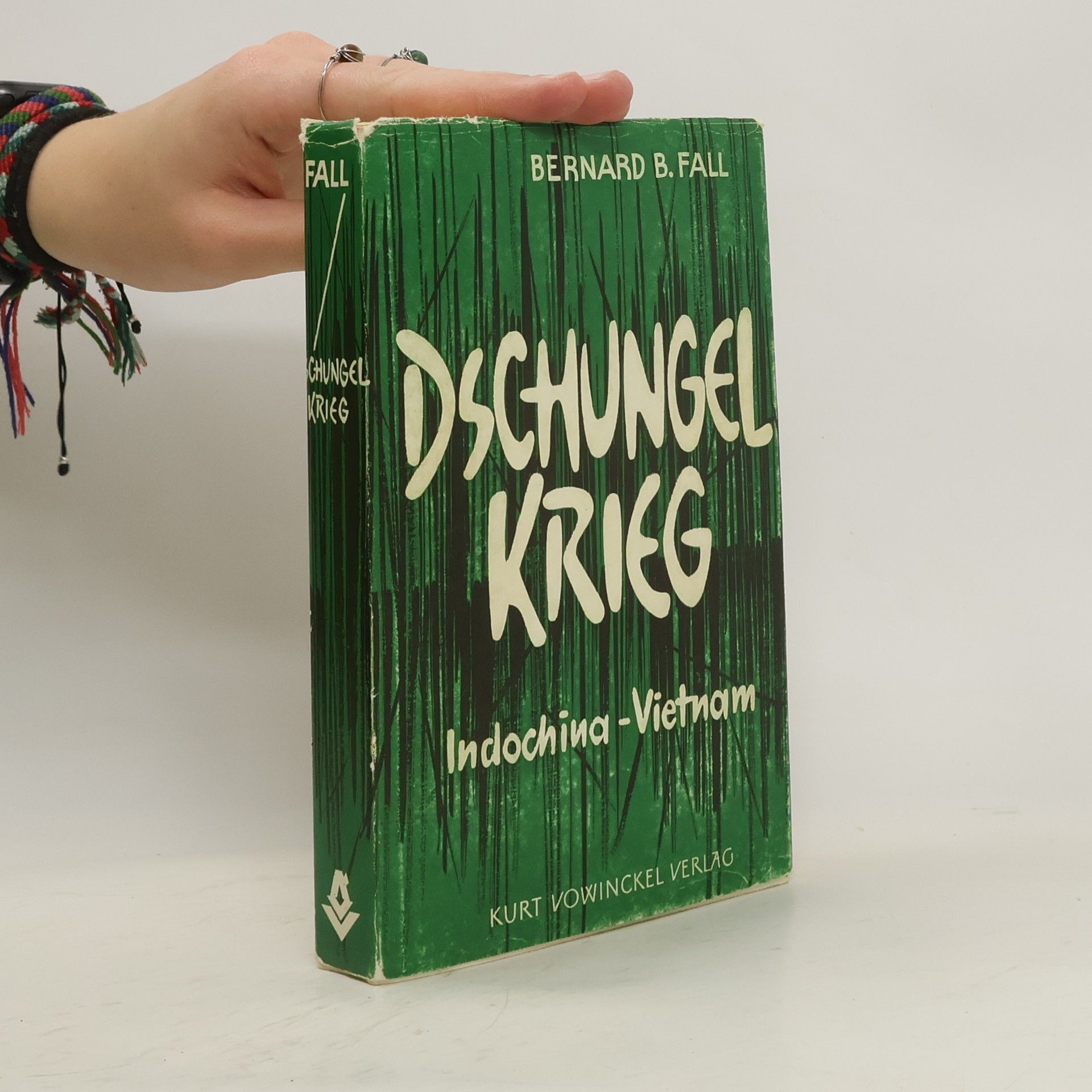Street without Joy
- 424pages
- 15 heures de lecture
First published in 1961 by Stackpole Books, Street without Joy is a classic of military history. Journalist and scholar Bernard Fall vividly captured the sights, sounds, and smells of the brutal-- and politically complicated--conflict between the French and the Communist-led Vietnamese nationalists in Indochina. The French fought to the bitter end, but even with the lethal advantages of a modern military, they could not stave off the Viet Minh insurgency of hit-and-run tactics, ambushes, booby traps, and nighttime raids. The final French defeat came at Dien Bien Phu in 1954, setting the stage for American involvement and a far bloodier chapter in Vietnam's history. Fall combined graphic reporting with deep scholarly knowledge of Vietnam and its colonial history in a book memorable in its descriptions of jungle fighting and insightful in its arguments. After more than a half a century in print, Street without Joy remains required reading.

